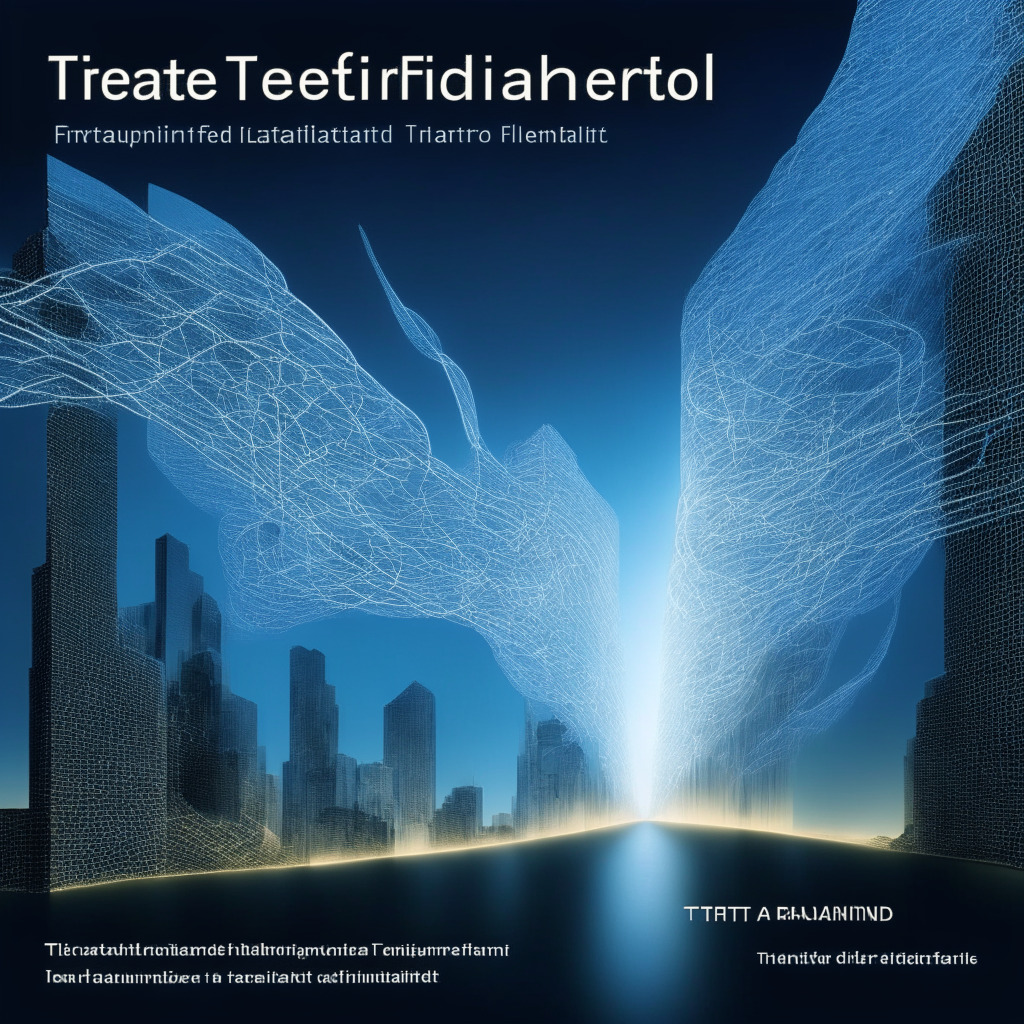Concordia, a groundbreaking multi-chain risk and collateral management protocol for digital assets, recently secured $4 million in seed funding. The round was co-led by Tribe Capital and Kraken Ventures, with Cypher Capital and Saison Capital also participating. This successful fundraise occurred after the protocol’s public testnet launch on Aptos earlier this month, with a mainnet launch anticipated in the coming months. Additionally, Concordia plans to launch on other chains in parallel.
The decentralized finance (DeFi) landscape has become increasingly fragmented since the 2020 DeFi Summer, complicating users’ abilities to transfer assets or access liquidity across blockchains. Cross-chain bridges offer a solution but are plagued by security risks. Streamlining this process and incorporating compliance measures could attract more decentralized and traditional finance (TradFi) players to the space, further propelling its growth.
Concordia aims to simplify access and management of cross-chain liquidity and collateral for its users. Additionally, the protocol offers an efficient way to manage collateral used in margin trading—a technique involving borrowed money for purchasing or selling assets for potential profit. With Concordia, users can manage collateral from a single account, transferring assets from multiple blockchains without the need for wrapped tokens or bridges. The modular nature of the underlying application programming interface (API) architecture allows institutions to pick and choose desired features.
Developers looking to utilize Concordia can access the protocol’s shared liquidity pools, encouraging innovation. Encapsulating integration ambitions between DeFi and TradFi, Thomas Ruble, CTO of Concordia, stated, “To move real assets at the speed of frictionless blockchains is the goal everyone wants. Just as Main Street and Wall Street both enjoy the same World Wide Web, they have an equal interest in one global financial fabric.”
Skeptics may argue that while Concordia’s goals are ambitious, the realities of integrating processes across DeFi and TradFi may present unforeseen challenges. Furthermore, the emerging nature of this technology and the differing regulations between the two sectors could pose significant obstacles to Concordia’s success.
Nonetheless, the impressive seed fundraise and the potential benefits of streamlining DeFi processes are difficult to ignore. If Concordia indeed reaches its lofty goal of uniting DeFi and TradFi within one global financial fabric, it could undoubtedly revolutionize both sectors and mark a significant milestone for the world of digital assets.
Source: Coindesk




